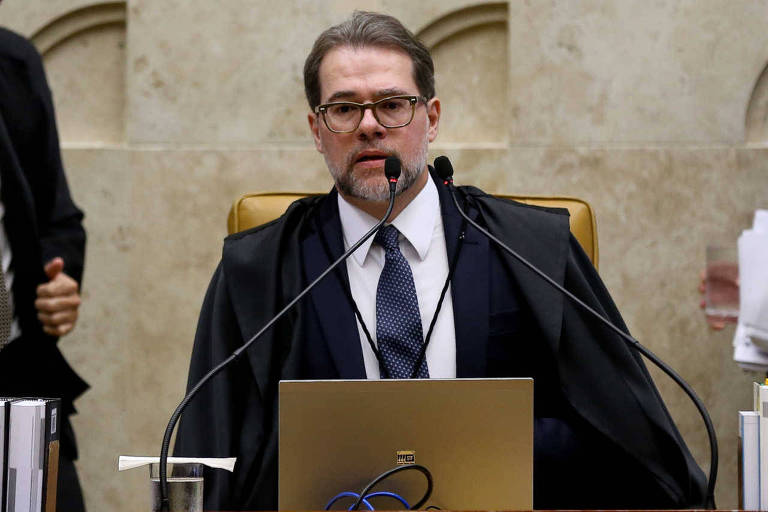In the eve of Judiciary holiday recess, Supreme Court Justice Marco Aurélio Mello granted an injunction that could have allowed the release of former president Luiz Inácio Lula da Silva from jail. But the Workers' Party holiday joy was short-lived.
A few hours later, Supreme Court president, Justice Dias Toffoli, suspended Mello's decision and killed any chances of Lula, who is serving time in Curitiba since April, regaining his freedom, at least until the end of the year.
Earlier in the day, around 2 pm, Justice Mello unexpectedly lifted a previous Supreme Court decision that mandated that defendants found guilty in their second appeal should be arrested and wait for the rest of their appeals behind bars.
That is Lula's case. Mello's decision would also allow over a hundred thousand other defendants who are already serving time in the same circumstances.
But around 8 pm, Justice Toffoli reversed Mello's lift, arguing that a previous plenary session had already ruled in favor of arrests after the second appeal and the decision was not to be challenged.
Earlier this week, Toffoli had already determined that another Supreme Court plenary session will be scheduled for April 2019 so the justices could debate the matter once more.
Mello said he was sorry that his injunction was short-lived. "The self-consumption is a dreadful thing for our institution," he said to Folha.
His decision would have impacted Lula and other politicians serving time for corruption, like Minas Gerais former governor Eduardo Azeredo (PSDB) and former Workers' Party Delúbio Soares.
In total, up to 169,500 people convicted in their second round of appeals, for all kinds of crimes, would also have benefited.
Mello granted the injunction as a response from a lawsuit from the Communist Party of Brazil (PC do B). The party's lawsuit demands that the Supreme Court to reconcile the article 283 of Brazil's Penal Code, which allows sentencing only after no more appeals are possible, and the Brazilian Constitution.
Translated by NATASHA MADOV
